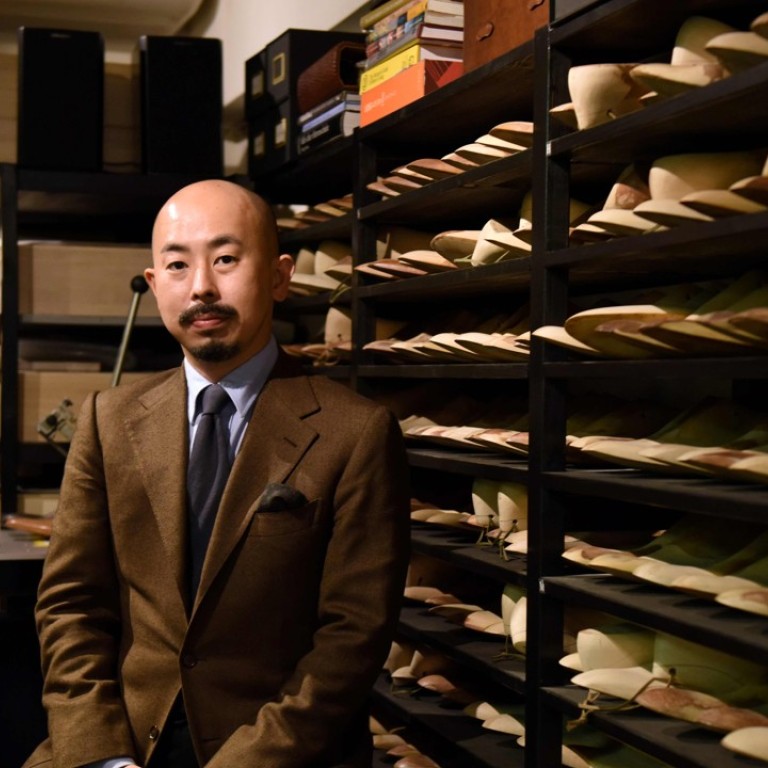Why Japan is leading a boom in bespoke footwear

Bespoke shoemaking was once been dominated by European cobblers, but now Japanese workshops are leading a new generation of artisans
When Yohei Fukuda left for England more than a decade ago to learn his trade as a master leather shoemaker, he could hardly have imagined that his native Japan would one day become a leader in this traditionally European art.
“The number of bespoke shoe workshops has been booming in Japan in the past few years,” explained the elegant-looking bald and mustachioed 37-year-old, sporting a smart shirt and tie under a dark-blue work apron.
“There are at least 40 in Tokyo today and maybe as many as 100 in the whole country,” Fukuda told AFP.
Bespoke leather shoemaking has historically been dominated by European artisans but Japan developed a taste for the luxury footwear at the beginning of the 2000s and local manufacturing classes quickly took off.
Fukuda’s own workshop is located close to the upmarket area of Ometesando in Tokyo, often described as Japan’s answer to the grand Champs Elysee avenue in Paris.

A narrow staircase leads up to his old-fashioned workspace that smells strongly of leather and glue, the basic tools of the trade.

There is not one machine in the whole place – everything is done by hand, from the precise measurement of a client’s feet to the delicate business of attaching the soles to the shoe.
“Each pair of shoes takes between 120 and 140 hours of work and we produce around 80 a year,” explained Fukuda.